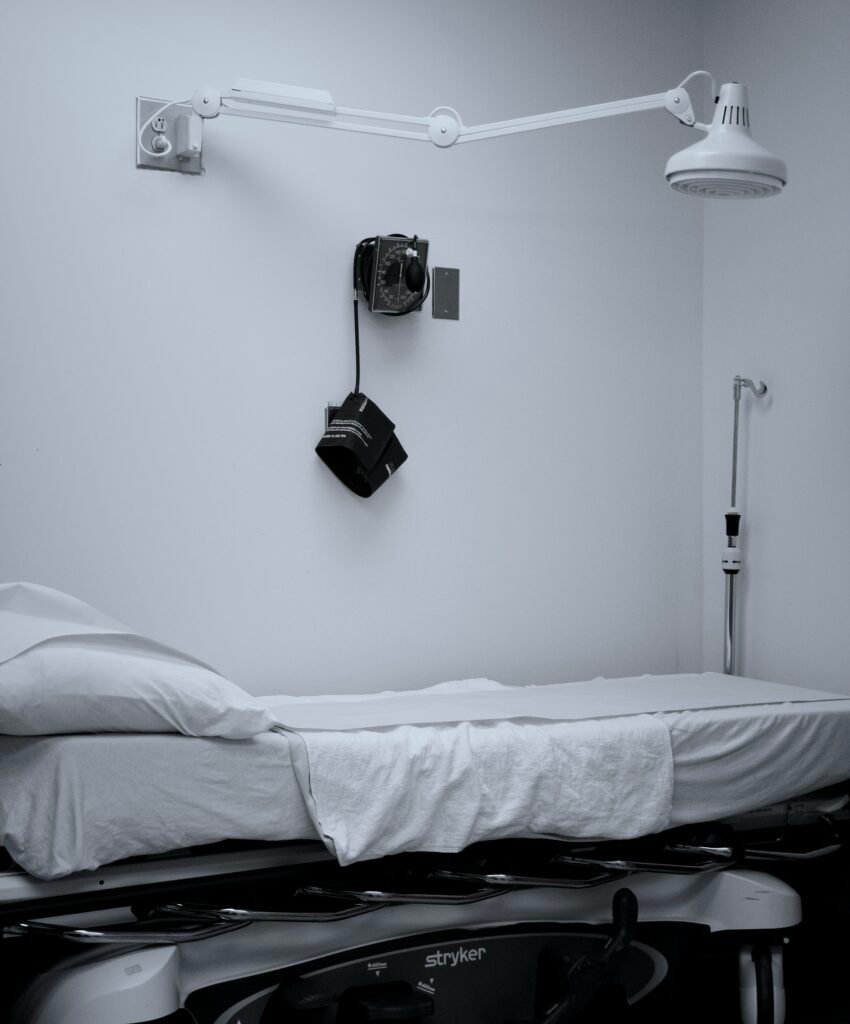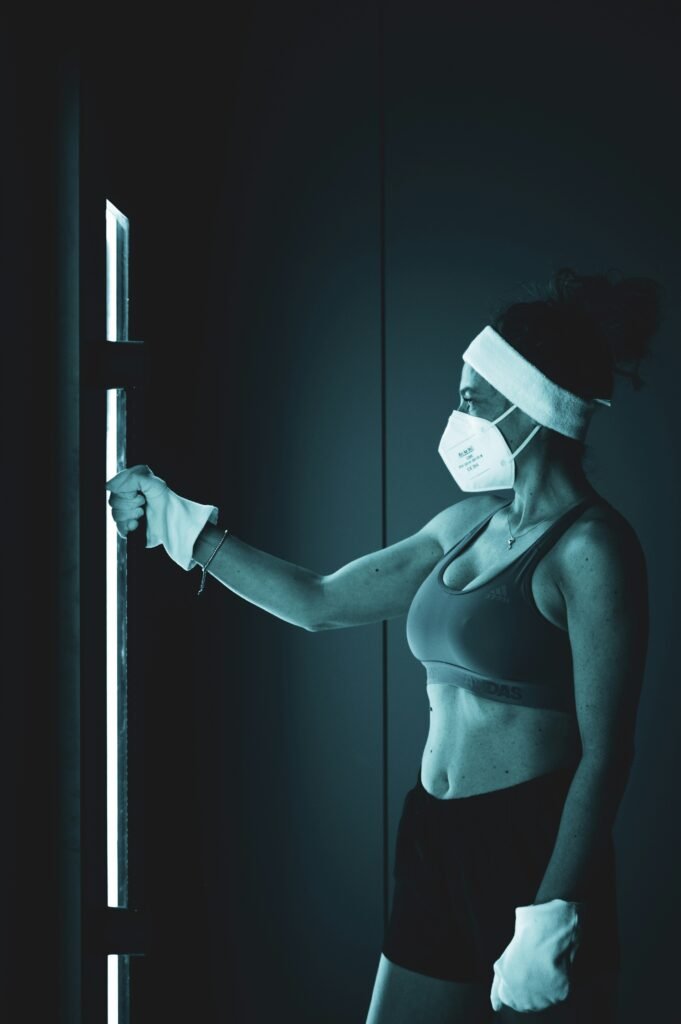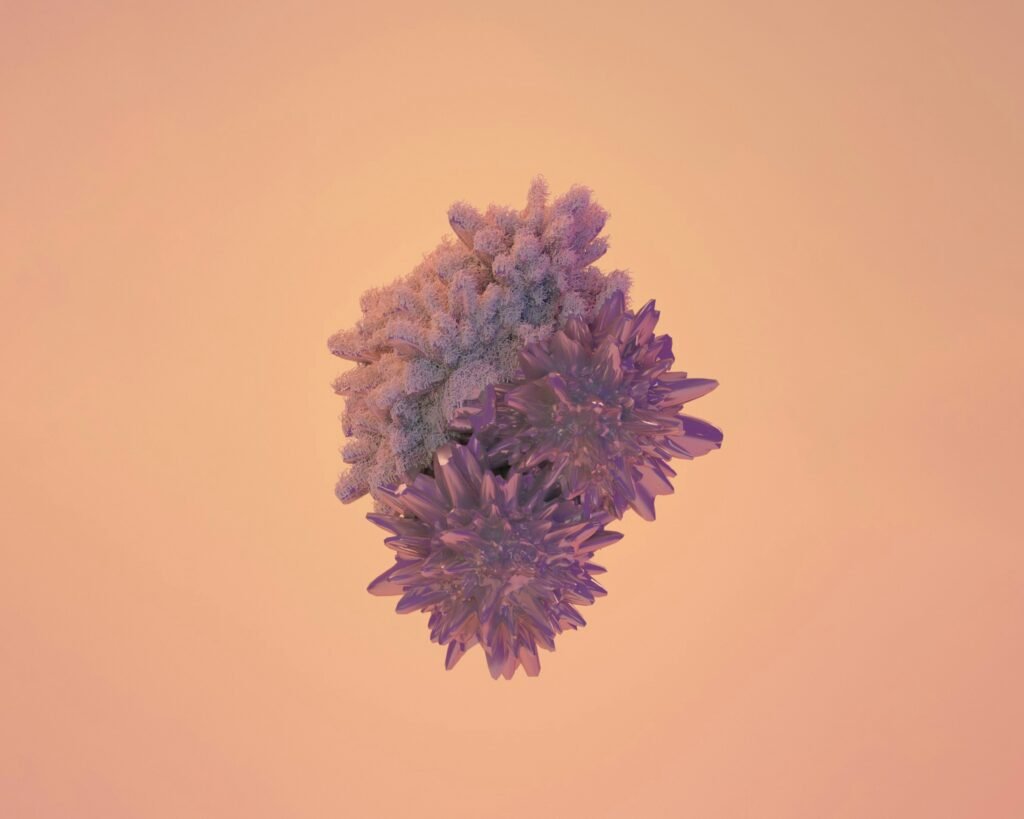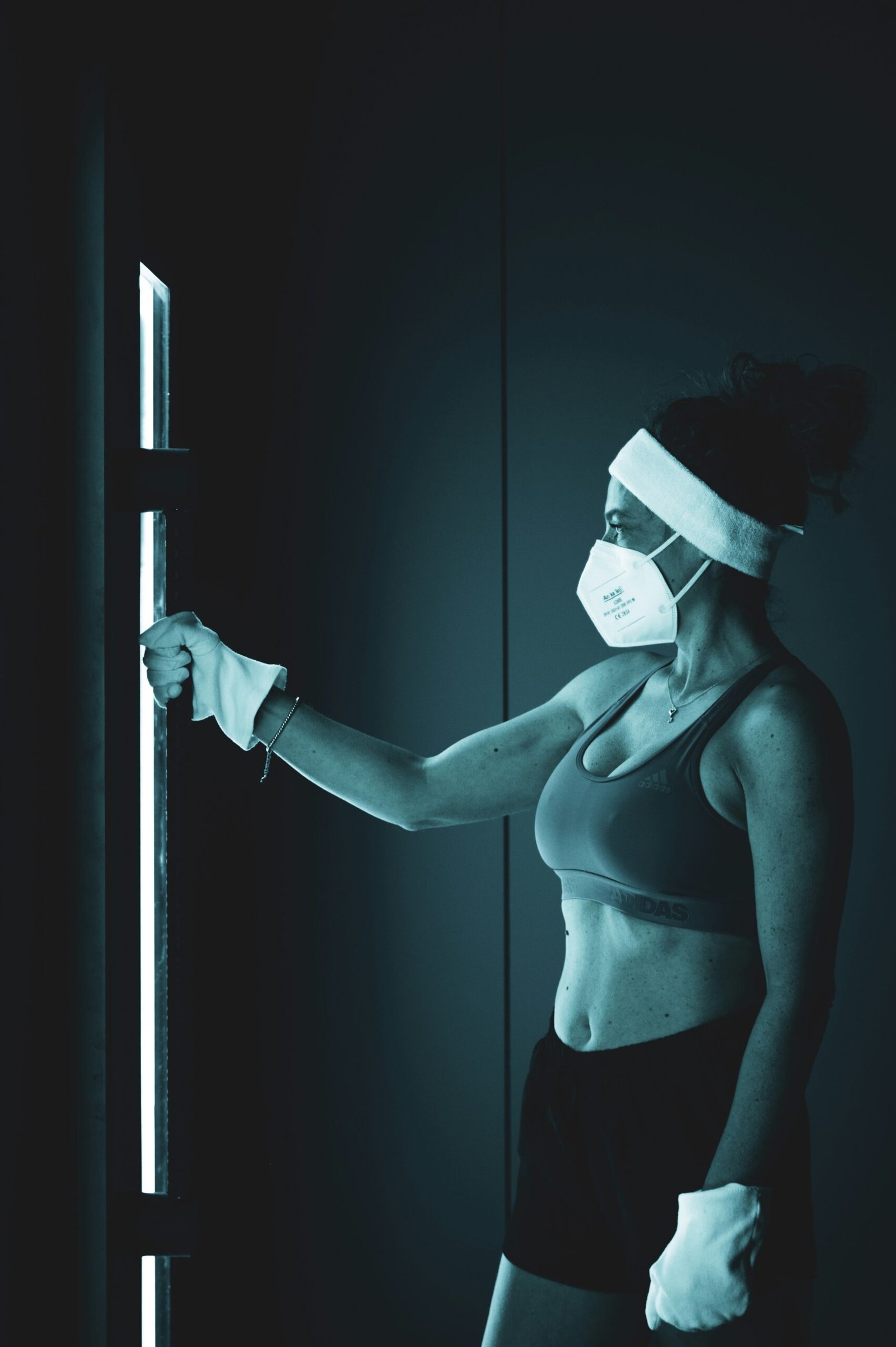Do you find yourself wondering about the best ways to recover postpartum? Many people are navigating the complexities of recovery in the days and weeks after giving birth, searching for effective methods to regain strength and overall wellness. Among the myriad of options available, cold water therapy has garnered attention for its potential benefits. Let’s unpack this fascinating approach and see how it may play a role in your postpartum journey.
What is Cold Water Therapy?
Cold water therapy, sometimes called cold exposure, involves using cold temperatures to promote physical and mental health. This practice can range from cold showers and ice baths to swimming in cold bodies of water. It’s grounded in the idea that cold can trigger a physiological response in the body that may aid recovery.
The Science Behind Cold Water Therapy
The concept of using cold exposure isn’t new. It dates back centuries and has roots in various cultures. But what does the science say? Let’s break it down:
-
Physiological Response: Cold temperatures can lead to vasoconstriction, where blood vessels narrow to conserve heat. When you exit the cold, your body warms up, leading to vasodilation—an increase in blood flow. This process can help reduce swelling and inflammation.
-
Endorphin Release: Cold exposure has been linked to an increase in endorphins. These hormones improve mood, help alleviate stress, and create a sense of well-being—very important during the emotional rollercoaster of postpartum life.
-
Immune Function: Some studies suggest that regular cold exposure can boost your immune system, making you less susceptible to illness, which is crucial when you’re caring for a newborn.
-
Mental Clarity: Cold water therapy is said to enhance mental clarity and focus. This mental sharpness can be vital during the hazy, sleep-deprived days of new parenthood.
The Benefits of Cold Water Therapy for Postpartum Recovery
When it comes to postpartum recovery, every little advantage counts. Here’s a deeper look at how cold water therapy can aid during this significant transition.
Physical Recovery
Pregnancy and childbirth take a huge toll on the body. Cold water therapy can help manage some of these physical challenges:
-
Reduced Swelling: The cold can combat swelling in many areas, especially after a C-section or vaginal delivery.
-
Enhanced Muscle Recovery: After the physical demands of labor and taking care of a newborn, using cold water can alleviate sore muscles and fatigue.
-
Pain Relief: Cold exposure can numb pain sensations, making it easier to manage discomfort after giving birth.
Emotional Resilience
The postpartum period often comes with a mad mix of emotions. Cold water therapy might help stabilize mood swings and combat feelings of anxiety or depression:
-
Boosted Mood: The endorphins released during cold exposure can lift your mood and make each day a bit brighter.
-
Stress Reduction: Cold water therapy can serve as a form of meditation, allowing you a moment of peace and quiet amidst the chaos of new motherhood.
Enhanced Sleep Quality
Sleep is often elusive during the postpartum period. While it may seem surprising, cold water therapy has been linked to improved sleep patterns:
-
Falling Asleep Faster: After cold exposure, your body needs to work at warming itself back up, which can lead to a feeling of fatigue, making it easier to fall asleep.
-
Deeper Sleep: The combination of physical exhaustion from embracing the cold, paired with hormonal balance, can contribute to deeper, more restorative sleep.

How to Incorporate Cold Water Therapy into Your Routine
Integrating cold water therapy into your daily routine doesn’t have to be complicated. Here are some practical suggestions to get you started:
Cold Showers
Taking cold showers is one of the simplest ways to experience the benefits of cold water therapy. Here’s how to approach it:
-
Start Slow: Begin by taking warm showers. Gradually decrease the temperature for the last minute or two. This adjustment will help you acclimate without feeling overwhelmed.
-
Frequency: You can aim for this a few times a week to start. Listen to your body and find a rhythm that feels right for you.
Ice Baths
If you’re feeling adventurous, consider an ice bath. It’s more intense than a cold shower, but it can be very effective. Here’s a step-by-step guide:
-
Prepare Your Ice Bath: Fill your tub with cold water and add ice. Aim for that chilly temperature but ensure it’s manageable.
-
Duration: Aim for about five to ten minutes. You don’t have to sit in ice water for hours to reap the benefits.
-
Post-Bath: Wrap yourself in a warm towel or blanket afterward and allow your body to warm up slowly.
Cold Water Swimming
If you have access to a cold lake, ocean, or river, swimming can be refreshing and invigorating. Here’s what you might want to keep in mind:
-
Group Setting: Finding a buddy can boost your confidence. There’s safety in numbers, especially when dealing with cold water.
-
Know the Conditions: Always check the weather and water temperatures before diving in, even if you feel ready. Safety should always come first!
Safety Precautions
While cold water therapy offers various benefits, it’s essential to approach it safely:
-
Consult Your Doctor: Especially postpartum, it’s crucial to discuss any new therapy with your healthcare provider.
-
Listen to Your Body: If you ever feel dizzy, lightheaded, or unwell, exit the cold immediately. Your body knows best!
-
Avoid Cold Water if Unwell: Ensure you are not experiencing any infections or severe postpartum complications when considering cold exposure.

Combining Cold Water Therapy with Other Recovery Methods
Cold water therapy doesn’t have to stand alone; consider complementing it with other recovery techniques:
Nutrition
Eating nutrient-rich foods can impact your recovery positively. Focus on:
-
Hydration: Water helps your body function at its best, especially when combining with cold exposure.
-
Balanced Meals: Focus on whole grains, lean proteins, fruits, and vegetables—nutrients that will support recovery and overall wellness.
Rest
Just because you’re trying something new doesn’t mean you should neglect rest. Make sure you carve out time to recharge:
-
Naps: Whenever your baby sleeps, try to rest as well.
-
Mindfulness: Incorporate short mindfulness or breathing exercises to complement the benefits of cold therapy.
Gentle Movement
Light exercises, such as walking or stretching, can aid recovery. They don’t have to be intense, but they can help get your body moving without overextending.
Real-life Experiences: Women Talk About Cold Water Therapy
As with any wellness trend, hearing real-life experiences can provide valuable insights. Here are a couple of anecdotes from women who have incorporated cold water therapy into their postpartum recovery.
Samantha’s Story
Samantha found herself overwhelmed in the early weeks after her first baby arrived. She had read about cold water therapy and decided to try cold showers. “At first, it was hard,” she shared. “But once I got used to it, I found that it really helped clear my mind. It felt like my little moment of sanity.”
Jenna’s Experience
Jenna took a different route and opted for ice baths as part of her recovery routine. “I was really sore after giving birth, and those ice baths were a lifesaver for my muscles. Plus, I noticed my mood improved. I felt tougher somehow—more in control of my body.”

The Importance of Community Support
Navigating postpartum recovery can feel isolating at times, but combining cold water therapy with community support can enhance the experience. Here’s how you can embrace it:
-
Find a Local Group: Seek out local mothers’ groups or online communities where you can share your journey, ask questions, and find new friends.
-
Cold Water Swim Groups: Joining a group dedicated to cold water swimming can offer accountability and motivation.
-
Social Sharing: Speak with friends and family about your experiences with cold water therapy. You never know who might want to join in or share their own stories!
Final Thoughts
Cold water therapy can be an effective tool in your postpartum recovery toolkit. Whether you’re feeling overwhelmed or looking for ways to manage your physical and emotional challenges, cold exposure may provide you with a bit of relief and rejuvenation. Embrace this journey as uniquely your own and consider how every element—from nutrition to community support—plays a vital role in your recovery.
As you venture into this exciting phase of life, remember you’re not alone. Equip yourself with knowledge and tools that resonate with you. Cold water therapy might just become a refreshing part of your path back to feeling like yourself again.


